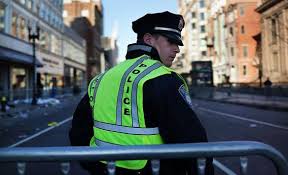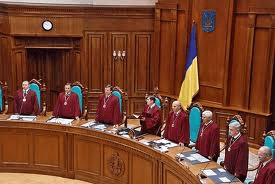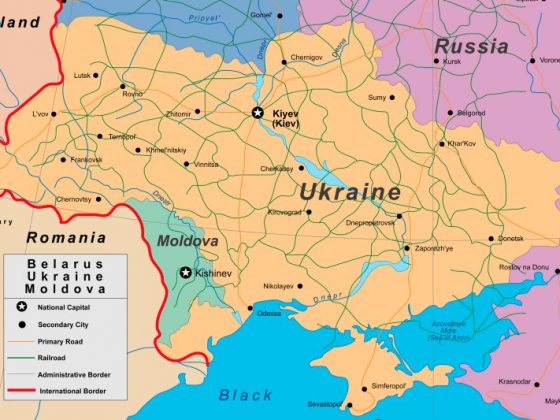(New Republic – "A Year After the Boston Bombing") We now know that the 2013 Boston Marathon bombing, which occurred a year ago this week, might have been prevented if U.S.-Russia counterterrorism cooperation had been better. Last week, The New York Times reported that although Russian intelligence officials alerted the FBI in 2011 that alleged mastermind Tamerlan Tsarnaev was a potential threat, the “Russians declined several requests for additional information.”
That occured during a "thaw" in U.S.-Russia relations. Tensions have since resumed, most recently and significantly as a result of the ongoing crisis in Ukraine. Which begs the question: Is counterterrorism cooperation between the countries even worse today? Probably, say experts. “Even though both sides have a stake in continuing counterterrorism cooperation, each for its own set of reasons, the 'new cold war' atmosphere will undoubtedly affect counterterrorism cooperation,” says Eugene Rumer, the U.S. National Intelligence Council’s former intelligence officer for Russia and Eurasia. “Exchanges of intelligence require a closer relationship and greater mutual trust, and that's not going to happen… The relationship was never particularly close because there's always been the legacy of the cold war, and even the post–cold war period has been marked by mistrust.” […]
See the full article © New Republic











